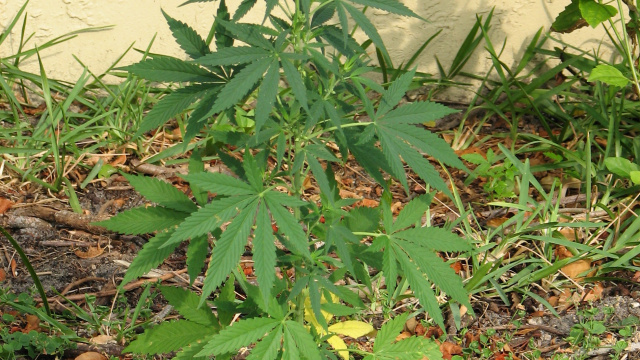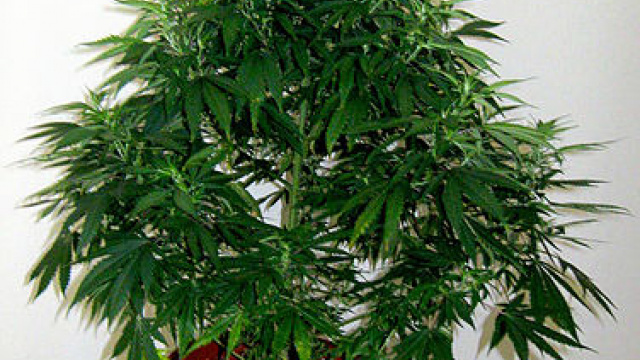Last updated: December 04. 2014 11:07AM – 1102 Views
By Chris Cooper – [email protected]
The Kentucky Department of Agriculture is now accepting applications from the state’s farmers who would like to participate in an industrial hemp pilot project the beginning of next year.
The application deadline is Jan. 1. Logan County farmers can find and fill out an application at http://www.kyagr.com/hemp.
Agriculture Commissioner James Comer announced earlier in the year that he is creating industrial hemp pilot projects in Kentucky. The pilot projects were made possible by the passage of the United States Farm Bill that was signed into law by the President on Feb. 7.
Commissioner Comer and Attorney General Jack Conway have been in direct communication for a couple of months regarding hemp production in Kentucky, and senior staff in both of their offices are reviewing language for pilot programs that ensure compliance with the parameters outlined in the federal farm bill.
The Kentucky Department of Agriculture Industrial Hemp Program is the result of the passage of two separate laws: Kentucky’s Senate Bill 50, passed by the Kentucky General Assembly in 2013, and the 2014 Federal Farm Bill signed into law Feb. 7, 2014. Senate Bill 50 exempted industrial hemp from the state controlled substances act but also mandated that Kentucky follow all federal rules and regulations with respect to industrial hemp. The Federal Farm Bill allows state departments of agriculture, in states where industrial hemp is legal, to administer industrial hemp pilot programs in conjunction with universities for the purposes of research and development.
Industrial hemp is a variety of Cannabis sativa and is of the same plant species as marijuana. However, hemp is genetically different and distinguished by its use and chemical makeup. Industrial hemp refers to cannabis varieties that are primarily grown as an agricultural crop. Hemp plants are low in THC (delta-9 tetrahydrocannabinol, marijuana’s primary psychoactive chemical). THC levels for hemp generally are less than 1 percent. Federal legislation that would exclude hemp from the legal definition of marijuana would set a ceiling of 0.3 percent THC for a cannabis variety to be identified as hemp. Marijuana refers to the flowering tops and leaves of psychoactive cannabis varieties, which are grown for their high content of THC. THC levels for marijuana average about 10 percent but can go much higher.
Some estimate that the global market for hemp consists of more than 25,000 products, including: fabrics and textiles, yarns and raw or processed spun fibers, paper, carpeting, home furnishings, construction and insulation materials, auto parts, composites, animal bedding, foods and beverages, body care products, nutritional supplements, industrial oils, cosmetics, personal care and pharmaceuticals.
An estimated 55,700 metric tons of industrial hemp are produced around the world each year. China, Russia, and South Korea are the leading hemp-producing nations. They account for 70 percent of the world’s industrial hemp supply.
Canada had 38,828 licensed acres of industrial hemp in 2011. Canadian exports of hemp seed and hemp products were estimated at more than $10 million, with most going to the U.S.
Because there is no commercial industrial hemp production in the United States, the U.S. market is largely dependent on imports, both as finished hemp-containing products and as ingredients for use in further processing. More than 30 nations grow industrial hemp as an agricultural commodity. The United States is the only industrialized nation that does not allow industrial hemp production. Current industry estimates report that U.S. retail sales of all hemp-based products may exceed $300 million per year.
To contact Chris Cooper, email [email protected] or call ![]() 270-726-8394.
270-726-8394.




Leave a Reply